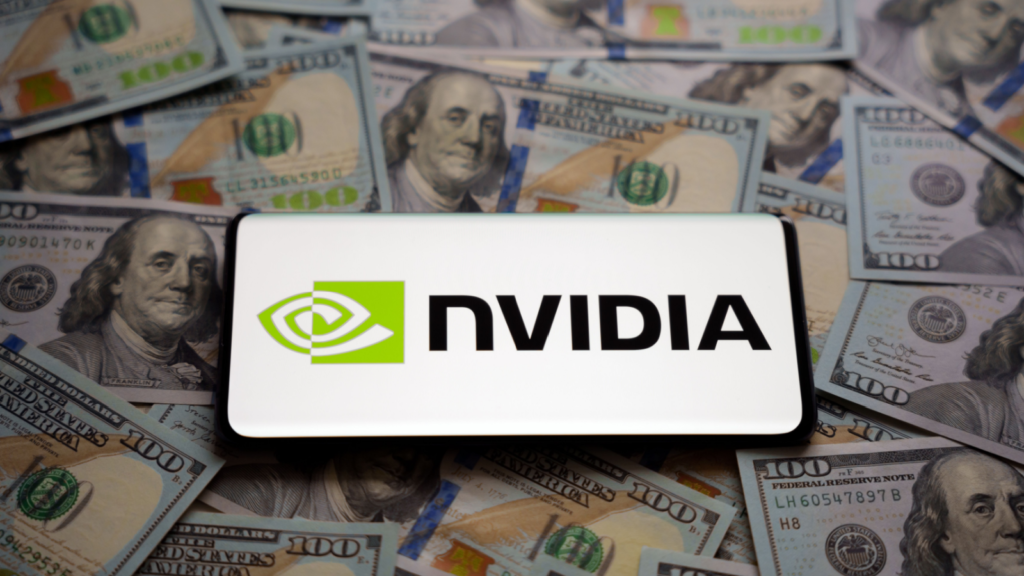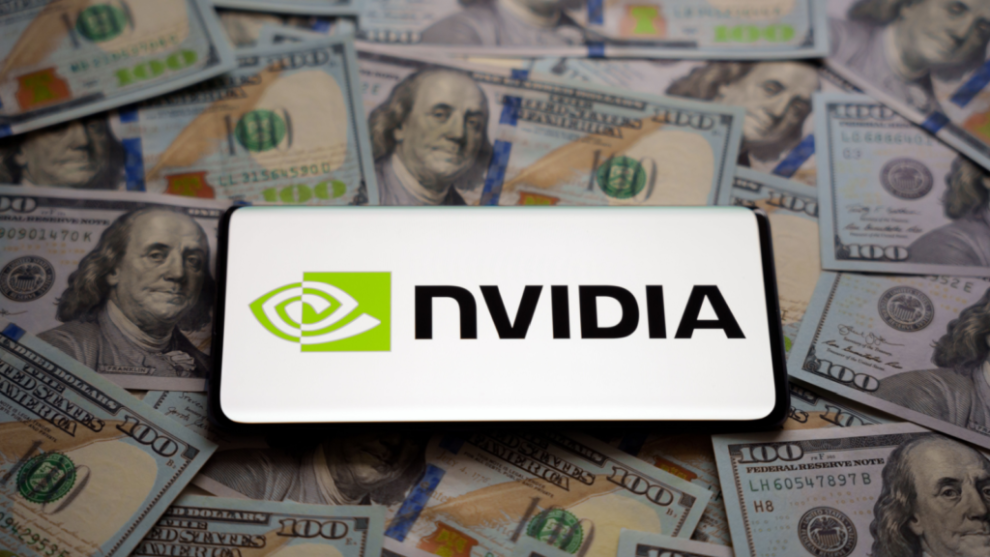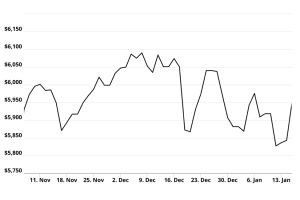
For most of June, Nvidia (NASDAQ:NVDA) continued to stay in highflier mode. Even after the Nvidia stock split at the start of month, shares in the AI chip leader kept on hitting new split-adjusted highs.
More recently, however, sentiment for this “Mag 7″ powerhouse has made a hard shift, from fully bullish to leaning toward bearish. Several factors are playing a role in this price reversal. Considering company-specific and macro-related factors, this trend could unfortunately continue in the immediate future.
This doesn’t mean you need to sell and/or stay away. Instead of following the crowd, consider these two approaches.
Why The Market has Soured on Nvidia Stock
Analysts may remain very bullish about Nvidia’s future growth, but market participants have become doubtful. Per the market, Gen AI-related growth has become fully priced into NVDA, and then some.
With this “priced for perfection” dynamic in play, there’s concern that any hiccups with subsequent fiscal results will lead to an even larger sell-off for the stock.
It doesn’t help, either, that there has been increased headlines about insider transactions and NVDA stock. Analysts and commentators, including Louis Navellier and the InvestorPlace Research Staff, have argued that recent insider selling isn’t the big red flag it may seem on the surface.
Nevertheless, investors are still taking it to be a sign that management believes that shares are topping out, and that lower prices lie ahead. To top it off, broad market correction fears have heightening once again.
Market technicians like Piper Sandler’s Craig Johnson argue that the S&P 500 Index is “overdue” for a correction.
It’s possible that investors are looking to reduce exposure, by trimming down positions in what is the second largest S&P 500 component by market cap weight. In a broad market downtown, widely-held S&P 500 stock could be heavily affected.
The Best Move for Existing Investors and Sideliners
Again, your best course of action with Nvidia stock may depend on whether you already hold it, or if you’ve yet to enter a position. While it’s perfectly fine to engage in some profit taking, existing NVDA shareholders may not necessarily make a full-on exit at current prices.
Although the sell-off may continue in the near-term, there may be a path to higher highs. As mentioned above, while investors may be saying otherwise, Wall Street’s sell-side community remains upbeat about Gen AI continuing to drive additional gains for Nvidia shares.
For instance, Truist analyst William Stein argues the channel checks suggest that demand for Nvidia’s Blackwell AI chips is broadening, not plateauing.
Just this week, Cantor Fitzgerald’s C.J. Muse lifted his NVDA price target from $140 to $175 per share, citing how Nvidia’s rivals are “stuck in an ongoing game of catch-up,” allowing this AI early mover to benefit as “AI ubiquity” takes shape.
So, if NVDA has miles to go before it peaks, suggesting holding onto existing positions, what does this mean for sideliners? If weakness persists, slowly accumulate shares. If market turbulence hits this summer, back up the truck.
Tune Out the Noise, and Seize the Opportunity
Despite the prospect of further declines, keep in mind that the round of weakness may not last for long. Nvidia is expected to next report quarterly results in late August.
A well-received earnings release, accompanied by better-than-expected guidance, could spark the big rally for NVDA. August may be a slow time for stocks, but strong results could mean some fast money moves for this widely-followed megacap tech stock.
Shares could soar back their high-water mark of around $140 per share. In the months ahead, it could reach the aforementioned $175 per share analyst price target.
If you currently own NVDA, tune out the noise. Don’t let it heavily influence any buy, sell, or hold decision. If you’ve yet to buy Nvidia, pounce on weakness, but keep in mind you may only have a brief time to act. The latest dip could soon give way to the next big rip.
On the date of publication, Thomas Niel did not hold (either directly or indirectly) any positions in the securities mentioned in this article. The opinions expressed in this article are those of the writer, subject to the InvestorPlace.com Publishing Guidelines.




